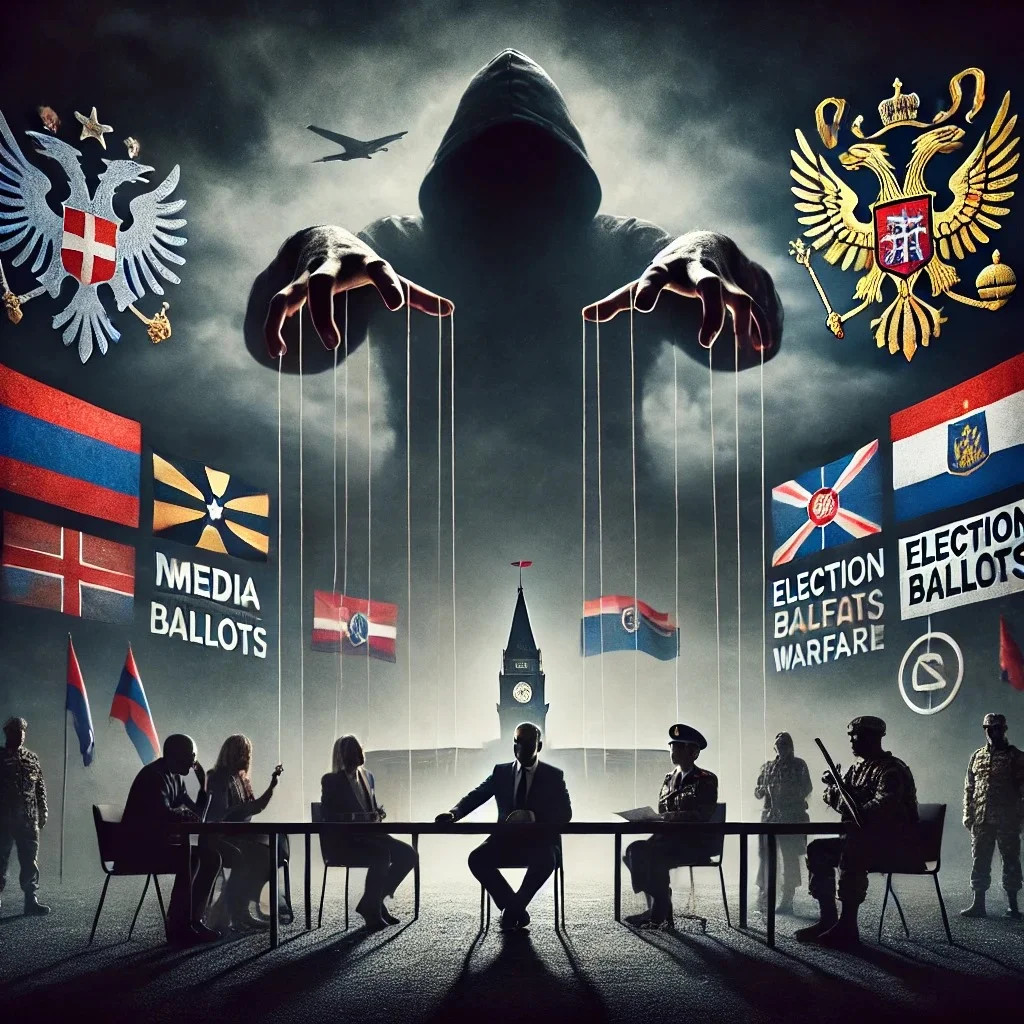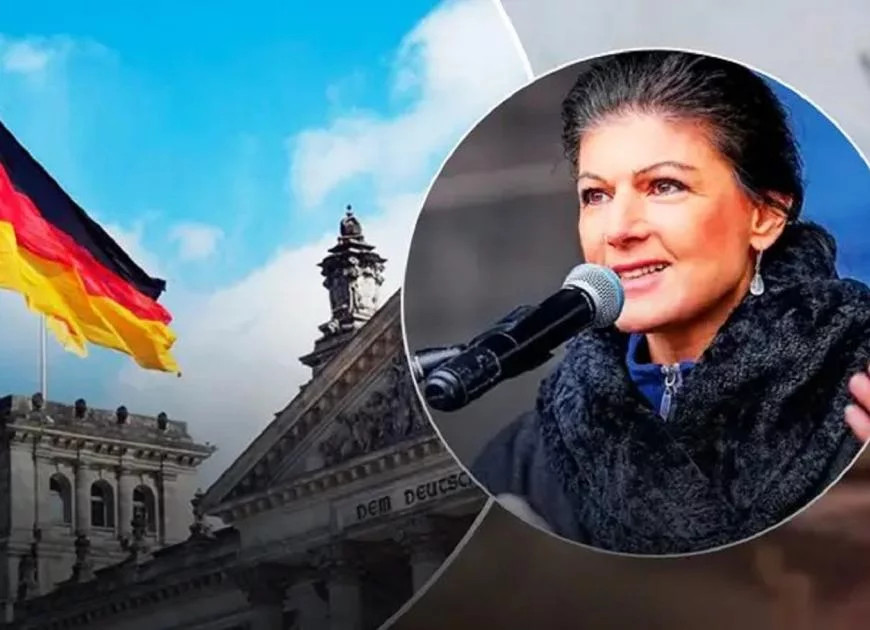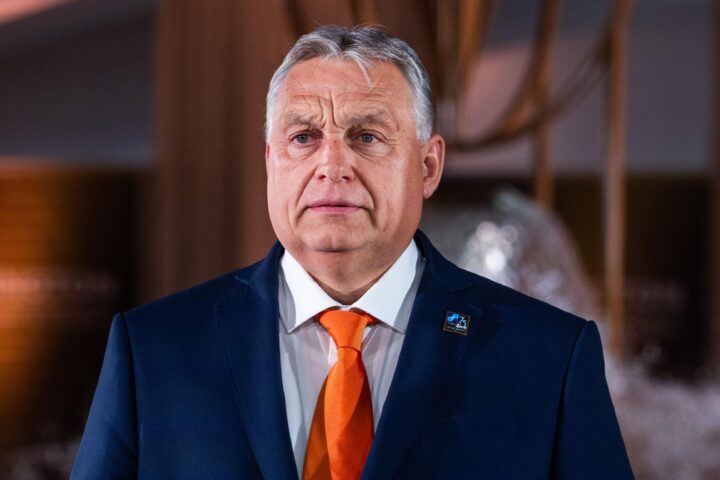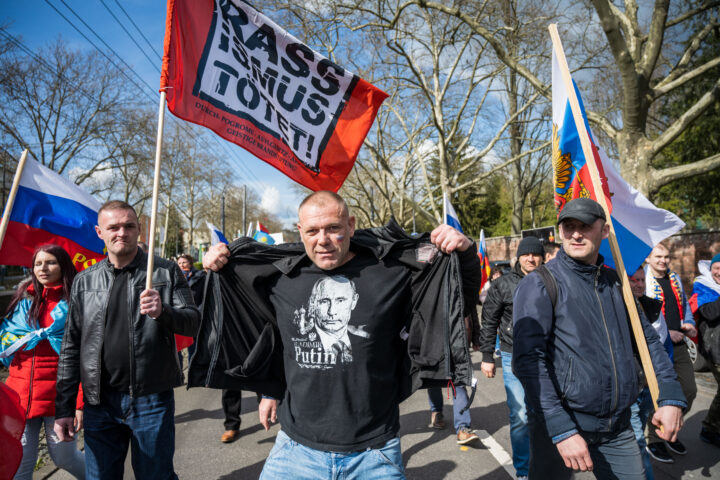Brussels, October 9, 2025 — a joint investigation by several European media outlets, including Der Standard, Spiegel, De Tijd, Paper Trail Media, and the Hungarian NGO Direkt36, has uncovered what appears to be an extensive operation by Hungarian intelligence targeting the European Union. According to sources, for at least a decade, Hungarian agents have been attempting to gain access to sensitive EU information through diplomatic channels.
The Allegations
The investigation reveals that since 2015, officials from Hungary’s mission to the EU have acted in ways consistent with intelligence gathering. Among them is an individual known under the codename “V.,” who served in Brussels between 2015 and 2017. Their role allegedly included cultivating relationships with EU officials and collecting confidential information. Journalists report that “V.” went beyond standard diplomatic duties, allegedly offering rewards to European Commission staff in exchange for classified data. The approach was rejected, and attempts to communicate via insecure channels eventually exposed the operation.
Impact on Hungary–EU Relations
The revelations come amid long-standing tensions between Hungary and Brussels over democracy, media freedom, and the rule of law. In 2024, allegations surfaced that Budapest monitored an OLAF (European Anti-Fraud Office) investigation. This latest disclosure adds another layer of mistrust, deepening the rift between Hungary and the EU.
Broader Implications for the Union
EU officials and analysts stress that such methods mirror those used by intelligence services of states like Russia or China. The case is prompting calls for stricter regulation of diplomatic missions and tighter security coordination within the EU. The issue is now perceived not just as a Hungary-specific matter but as a warning of potential internal threats from member states.
Hungary at a Crossroads
For Budapest, this incident creates diplomatic challenges. On one hand, Hungary risks losing access to crucial EU funding and cooperation mechanisms. On the other, the affair deepens divisions within the Union. In the medium term, such controversies could result in tighter oversight of diplomatic work and stricter transparency requirements.













